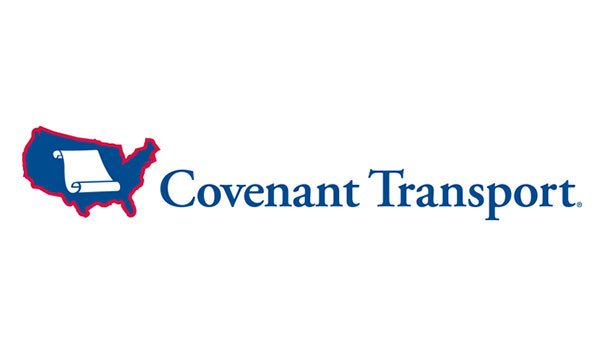Regulatory Requirements Pertaining to Driver Compliance
As a driver, you should be familiar with the laws governing you, the truck and the carrier. These three areas and the rules you should understand are covered here in enough detail that you will be able to comply with the obligations imposed on professional drivers. Remember, these are federal requirements and your state may have additional legislation you should understand. Refer to the list of state government agencies for contact information.
When a commercial carrier hires you, they will ask you for proof that you have completed the proper state and federal regulations to operate their truck. Many carriers will have you complete the requirements themselves so they are satisfied that you are qualified to operate their vehicles in interstate commerce. You will be required to complete an application for employment (FMCSR 391.21), which has specific questions that must be answered.
The Department of Transportation has established a comprehensive list of regulations that a professional driver must comply with. These include physical and age requirements, but also define the ways a driver can lose his or her commercial driving privileges. You should be familiar with this list before you decide to become a professional driver.
Age Limitation
For many of us, we can obtain our state driver's license when we are sixteen years old. Then, we can drive a commercial truck within the boundaries of the state (intrastate) after we turn eighteen. To operate a commercial motor vehicle across state lines (interstate), however, you must be at least 21 years old or you are not qualified.
Literacy
Being old enough doesn't automatically make you legally entitled to become a commercial truck driver. You will need to prove that you can read and speak the English language well enough to take instructions from highway signs and to converse with officials and complete the required reports. Although there are many drivers who do not speak English as their native language they must still comply with this regulation.
Physical Ability
As trucks become easier to handle, and more loading and unloading is done by shippers/receivers, the physical requirements to be a truck driver have become less severe. The Federal Government (FMCSR 391.11) does require that a truck driver can "safely operate the type vehicle he/she drives" and be familiar with the methods needed to secure the cargo appropriately. The driver must also be able to determine whether the cargo is adequately loaded and secured before leaving the shipper.
If you have physical impairments, you will need to consider whether or not they will disqualify you from becoming a truck driver. The DOT (FMCSR 391.41) requires that a driver not have any feet, legs, hands or arms missing unless he has a waiver allowing him to operate a commercial vehicle. In addition, you must not have any impairment that might interfere with operating a motor vehicle. This includes a dependence on insulin for diabetics, any known predisposition to serious heart failure, any respiratory dysfunction, or muscular or vascular disease that might impair operations. You should not be subject to any mental disorders either, which might impair operations. You must also be able to pass the vision and hearing requirements, and not be diagnosed with alcoholism or illegal drug use.
Substance Abuse
If you are involved in an accident you will be asked to submit to a substance abuse test. Recent legislation allows local law enforcement personnel to conduct this testing if your carrier cannot. If your test results are positive for drugs or alcohol, you have certain rights to have your specimen retested. However, be aware that you will be suspended from your driving duties until the second test is confirmed.
The final requirements pertaining to you as a driver define the ways a driver can be disqualified from operating a commercial vehicle (FMCSR 391.15). These include driving a commercial motor vehicle while under the influence of alcohol (blood alcohol limit is defined as being .04). If you have ever refused an officer's test for an alcohol violation you can also be disqualified. Driving under the influence of illegal drugs (FMCSR 391.15 (c)(2)), or transporting or possessing illegal drugs will prohibit you from being a commercial driver. Also, if you have been convicted of leaving the scene of an accident while operating a commercial vehicle or committing a felony involving a commercial vehicle, you will not be allowed to drive a truck.
Your carrier will be required to keep copies of all of the above in your file, along with the certificate of completion for your road test (FMCSR 391.31). Each year your carrier will ask you to complete the annual review of driving record (FMCSR 391.25) and will update your driving record and list of violations in your personnel file.
Being aware of these regulations will make you a more informed driver and will assist you in understanding the rules governing your industry.
















